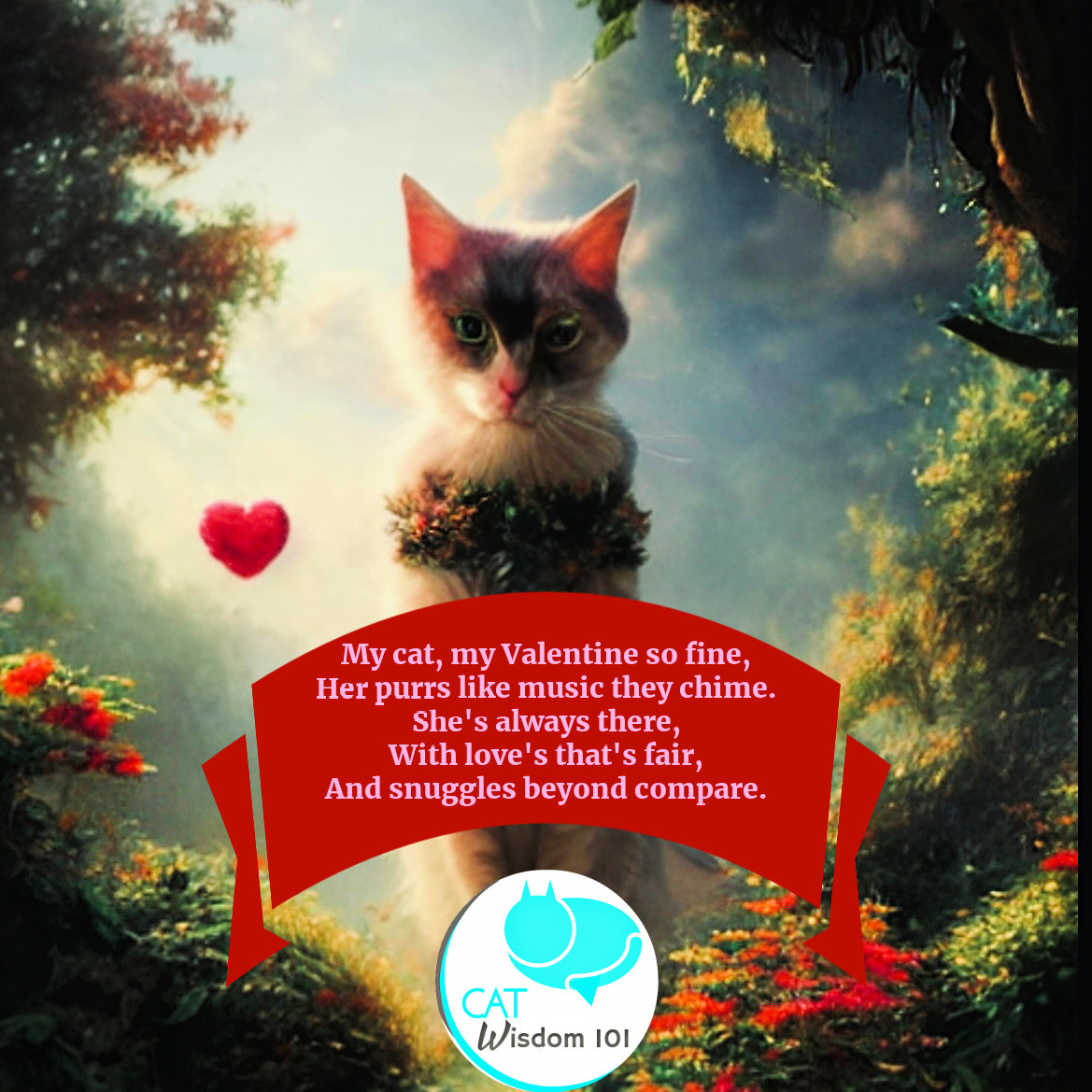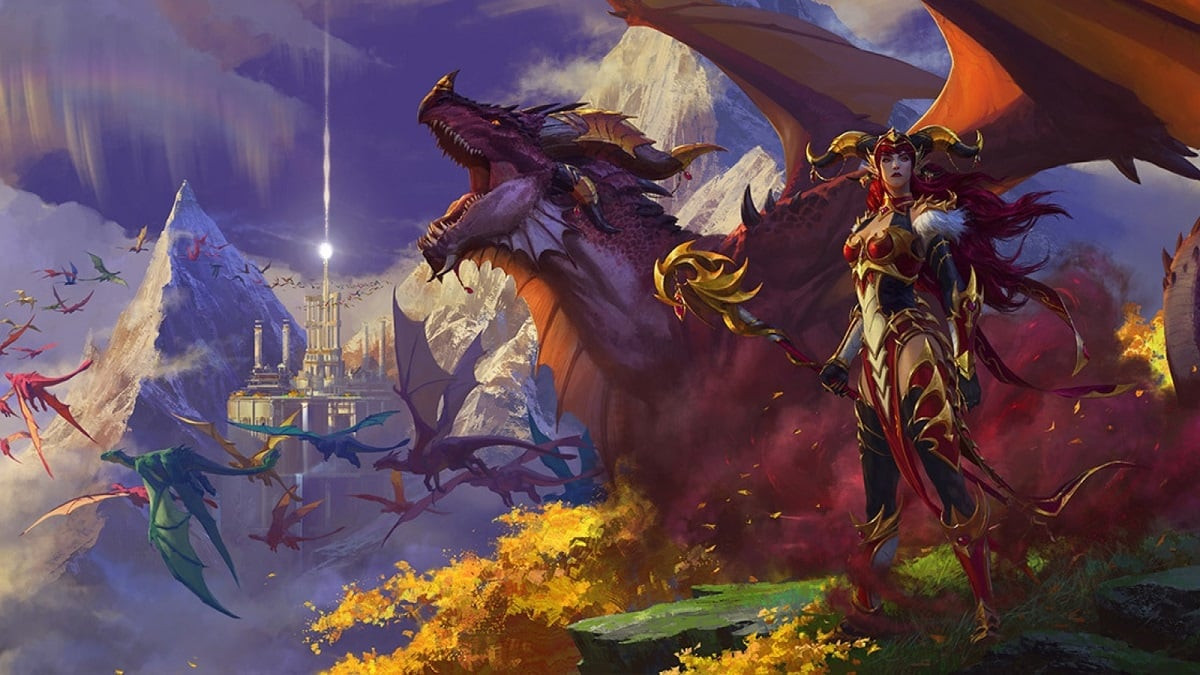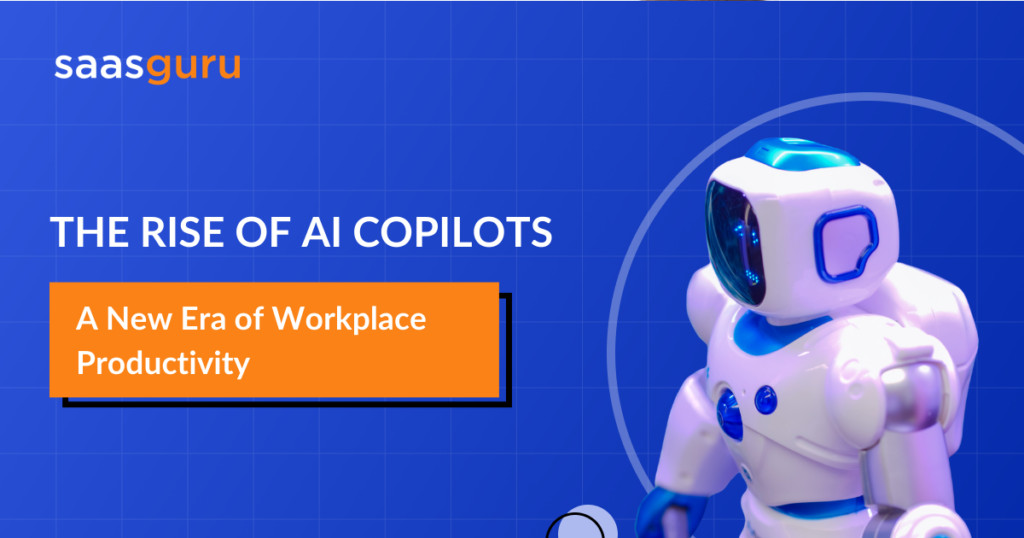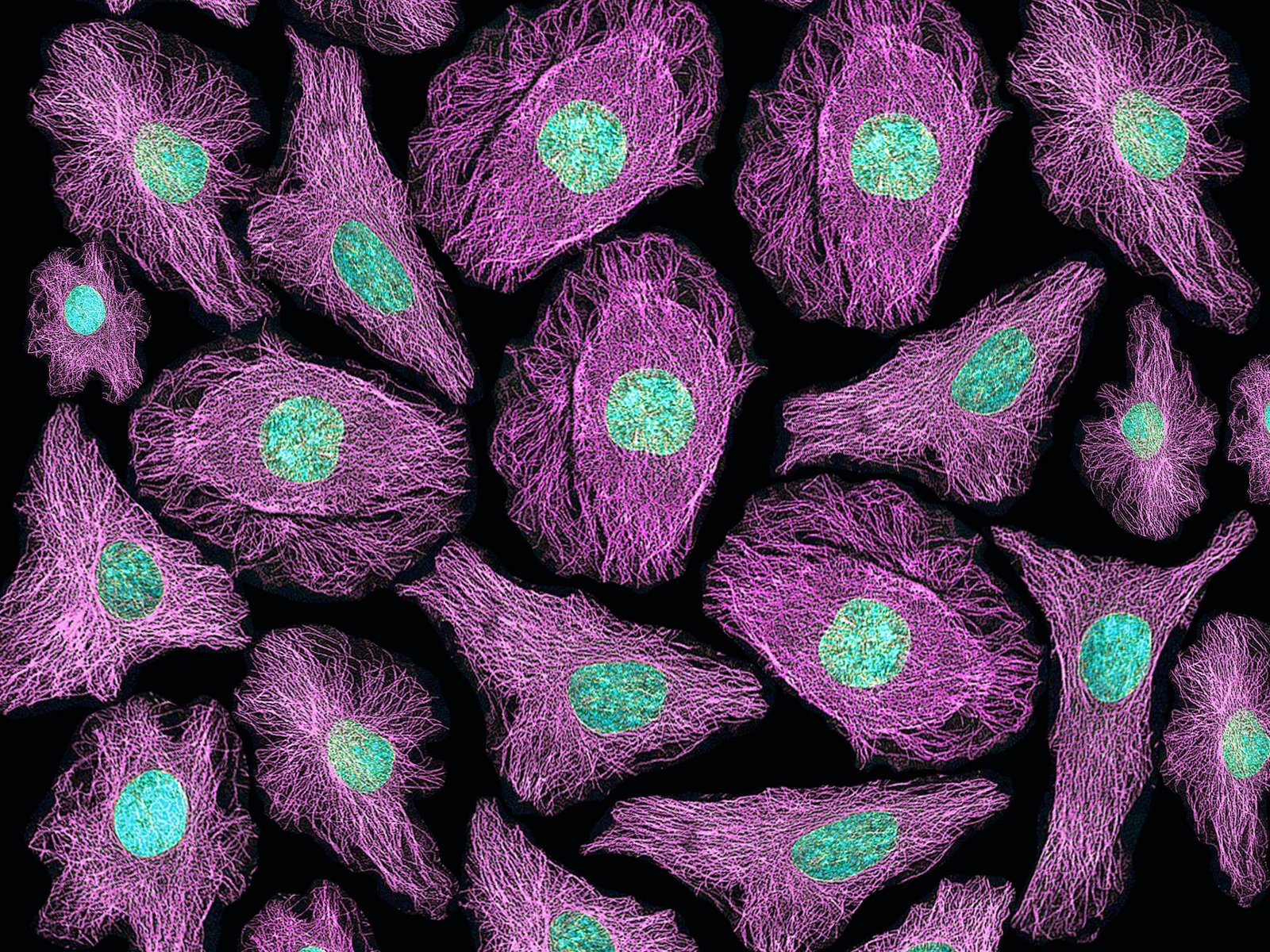Can Artificial Intelligence Write a Romantic Valentine's Day Message?
The age-old tradition of crafting heartfelt Valentine’s Day messages has now entered a new era, thanks to the advent of sophisticated AI programs. This year, we put several AI chatbots to the test, challenging them to compose romantic messages fit for a Valentine’s Day card. The results are both amusing and insightful. We asked four AI models—ChatGPT, Claude, Gemini, and Grok—to write a Valentine's Day message, and the responses revealed surprising insights into the current capabilities and limitations of artificial intelligence in understanding and expressing human emotions.
The Contenders: ChatGPT, Claude, Gemini, and Grok
Each AI chatbot brought its unique writing style to the table. ChatGPT, renowned for its versatility, attempted a heartfelt message, expressing gratitude and affection. Claude's response was more descriptive, painting a picture of a romantic encounter. Gemini’s contribution, however, lacked depth and originality, while Grok, Elon Musk's new AI chatbot, added a certain devilish yet sentimental touch to the mix. The results varied widely, highlighting the spectrum of capabilities within current AI language models.
ChatGPT's Attempt at Romance
ChatGPT's message was relatively lengthy and quite conventional. It opened with a formal salutation and then launched into a somewhat generic, but undeniably kind message. While it didn’t exactly set hearts aflame, it was polite and inoffensive. The message lacked the spark of originality, however, and read more like a well-meaning, yet impersonal, birthday card.
Rating: Four out of 10. At least it wasn’t too long
Claude's Parisian Flair
Claude's message possessed a more poetic and evocative quality. It started with specific details, creating a vivid scene that hinted at a shared experience or secret crush. The tone shifted toward something more extravagant and soppy as the message progressed, almost like a wedding speech. It wasn't quite perfect but held a certain charm that may have struck a chord with some users.
Rating: Five out of 10
Gemini's Lackluster Performance
Gemini’s attempt was surprisingly underwhelming. The message was short, generic, and lacked any discernible creativity or personality. It came across as perfunctory and even a little complacent, not exactly a desirable trait in a Valentine’s Day message. Clearly, Gemini had not invested much time or effort in composing the message, which would not leave a positive impression on the recipient.
Rating: One out of 10
Grok's Devilish Charm
Grok's message was more unconventional. It started with a cheerful greeting. The message then progressed to complimenting the recipient. Though short, it demonstrated a certain sincerity that couldn't be ignored. The final assessment of Grok’s message is that it is short and to the point, yet genuinely sweet. While it lacks the flowery language of some other entries, it offers a refreshing simplicity. The use of phrases like "my heart's delight" might appeal to those seeking a more direct approach to expressing affection.
Rating: Four out of 10
AI and Human Connection: A Complex Relationship
This experiment highlighted both the potential and limitations of AI in emulating human emotion. While AI can generate grammatically correct and contextually appropriate text, it still struggles to capture the nuances of genuine human feeling. ChatGPT, Claude, Gemini, and Grok all demonstrated varying degrees of success in conveying affection, showcasing that some AI models are better at creating emotional impact than others. The results were both funny and thought-provoking, reminding us of the irreplaceable human element in genuine emotional expression.
The responses from the chatbots, particularly Claude’s candid admission of its inability to experience love, also offer an interesting lens through which to view the ongoing discussion about AI’s role in human society. While AI can create convincing text, the core sentiment of a Valentine's message—genuine affection—remains distinctly human. The future of AI-generated content, therefore, lies not in replacing human connection but rather in enhancing and supplementing it.
A Future of AI-Assisted Romance?
Despite their limitations, these AI chatbots show promise in assisting with tasks that involve language processing and generation. While they might not be ready to replace the heartfelt messages penned by humans, they could aid in composing draft messages, offering suggestions, or even inspiring creative ideas. The experiment underscores the continuing evolution of AI, and the potential for future versions of AI chatbots to achieve higher levels of emotional intelligence.
Ultimately, while technology advances, the human touch still remains irreplaceable. AI can help to inspire and enhance expression but it can never genuinely replace the complex emotions that define human relationships.
The findings of this experiment underline the continued importance of human connection. The ability to share and receive genuine affection is something that no amount of AI advancement can replicate fully. While technology continues to evolve, the essence of human relationships lies in the intangible connections we share.

















